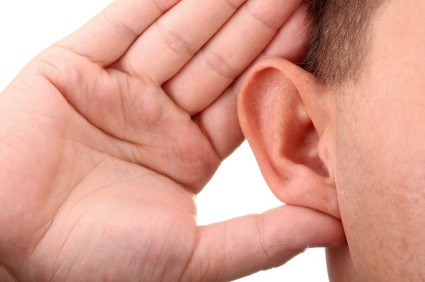![]() When you make your sessions all about your client and really listen to them, you are empowering them to disclose things they hold close. They will reveal their desires, needs, fears, passions, hopes and dreams, and so much more. Treat those things they disclose with care and concern, respect and privacy.
When you make your sessions all about your client and really listen to them, you are empowering them to disclose things they hold close. They will reveal their desires, needs, fears, passions, hopes and dreams, and so much more. Treat those things they disclose with care and concern, respect and privacy.
 You will discover things that hold clues to what may be hindering your client or putting them at risk of dropping out. You can address those things and nip them in the bud by first acknowledging them and then helping the client work through them. You’ll keep your clients a lot longer when they feel that it’s all about them.
You will discover things that hold clues to what may be hindering your client or putting them at risk of dropping out. You can address those things and nip them in the bud by first acknowledging them and then helping the client work through them. You’ll keep your clients a lot longer when they feel that it’s all about them.
If they are feeling it, that is their reality. Do not dismiss their feelings, their reality. Help them to see the big picture, the greater reality, yet be supportive of what they are feeling. Find that balance. Dig in deeper with them. Listen for the main point your client is trying to get across.
When you develop your listening skills and bring them to play in every interaction with your clients it changes the dynamics of the relationship. They work harder for you knowing that you really know them and care about them. They know this because they have heard it and seen it in the way you interact with them. They share more with you. Their sessions get livelier and they have more fun.
Here are some tips to practice that will help you listen well.
- Maintain eye contact
- Don’t interrupt the client
- Stay still
- Nod your head when you understand or agree
- Lean in occasionally toward the client.
These body language skills show them that you are really paying attention to them. It is encouragement to them to keep talking and dig in deeper. People who feel appreciated and understood tend to be happier people and have an easier time overcoming obstacles through discussion. They also become very good clients who often bring in more clients.
When you use these skills, then pull out their main point and repeat it back to them in your own words, they know (and so do you) that you were really listening and that you understand what they were saying. Sometimes it is not relevant whether you agree or disagree. Sometimes they just need to feel heard.
If they are talking too much, it will be easier to keep them on track with their program with a gentle nudge because they feel satisfied their message was heard. Often they will experience a sense of renewed vigor at being understood.
Practice these skills with the next person you see, client or not. Experience the difference good listening skills make in the conversation and in your grasp of it.
Now take these skills and use them with each and every client you have and they will know that you know it’s all about them.
Greg Justice
